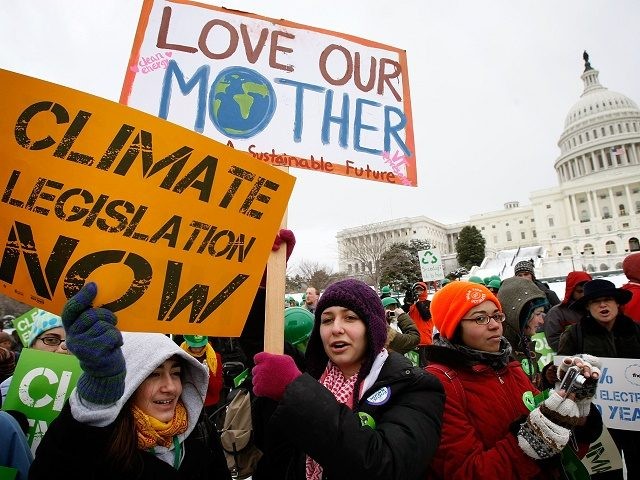ROME — Economic losses due to natural disasters linked to climate change have increased by 151 percent over the last 20-year period (1998-2017), the Vatican newspaper, L’Osservatore Romano claimed this weekend.
The Vatican cited a study by the United Nations Office for Disaster Risk Reduction (UNISDR) and the Center for Research on the Epidemiology of Disasters (CRED) alleging that in the twenty years from 1998 to 2017, global economic losses for all catastrophes amounted to $2.91 trillion. Of these, 77 percent were due to climate-related disasters ($2.25 trillion).
In the previous 20 years, from 1978 to 1997, total losses were $1.31 trillion, 68 percent of which were climate-induced (895 billion).
The study reportedly takes into consideration earthquakes, tsunamis, hurricanes, extreme temperatures, floods and droughts, while assuming that such extreme weather events are getting worse because of human-induced global warming.
The Vatican newspaper has been multiplying its articles on climate change in the lead-up to the December U.N. climate meeting in Katowice, Poland, (COP24). It reported Sunday that the leaders of 19 Catholic development agencies signed an “urgent appeal” to combat climate change, warning of “nefarious consequences” if the nations of the world fail to get global warming in check.
On the same day, L’Osservatore Romano ran an article chronicling the efforts of Caritas Internationalis, the international Catholic relief and development service, to “combat the effects of climate change” which has put “millions of persons” at risk.
Pope Francis is a firm believer in man-made climate change and has lent his moral voice to encourage efforts to rein it in, notably the Paris climate accord of 2017.
Last June, Francis said that humanity must devise a “long-term global strategy” to combat the problem of climate change, which requires phasing out fossil fuels.
“As you know, in December 2015, 196 Nations negotiated and adopted the Paris Agreement, with a firm resolve to limit the growth in global warming to below 2° centigrade, based on preindustrial levels, and, if possible, to below 1.5° centigrade,” Francis stated.
“Some two-and-a-half years later, carbon dioxide emissions and atmospheric concentrations of greenhouse gases remain very high. This is disturbing and a cause for real concern,” he said.
The following month, the pope summoned humanity to hear “the increasingly desperate cries of the earth,” insisting that swift action is needed to save the planet from being reduced to “rubble.”
Speaking in the Vatican to participants at an ecological conference, Francis stressed the “urgent need” for an “ecological conversion” as well as “concrete steps to save the planet.”
Our planet “needs urgently to be repaired and secured for a sustainable future,” the pontiff warned.
The pope’s fellow Jesuit, Georgetown scholar Father James V. Schall, has criticized Francis for his emphasis on climate change and environmental concerns.
In early October, Father Schall wrote an essay in Crisis magazine in which he questioned the pope’s investment of time and effort into political and secular topics such as climate change and immigration while seemingly downplaying key issues of Catholic moral teaching.
As an example, Schall cited the pope’s Letter on the World’s Day of Prayer for Creation, which focused on access “to clean water,” a topic that would seem to fall outside the specific mission of the Catholic Church.
“Christ walked on water, turned water into wine, helped a woman at a well draw it up, and was baptized with it in the Jordan,” Schall notes. “He never designed a dam to provide water for Nazareth or Jerusalem. He evidently assumed that men could eventually figure this task out without the need of revelation.”
“A pope can mention the problem of water availability or other such issues, but his is not the task to provide technical solutions even if he had a doctorate in water engineering,” he adds.
More importantly, many people of good “will wonder why, if the pope can talk of clean water, he cannot talk about his own record or what he holds on issues that certainly do fall within his competency. These latter issues are what perplex people,” he said.
Follow Thomas D. Williams on Twitter Follow @tdwilliamsrome

COMMENTS
Please let us know if you're having issues with commenting.